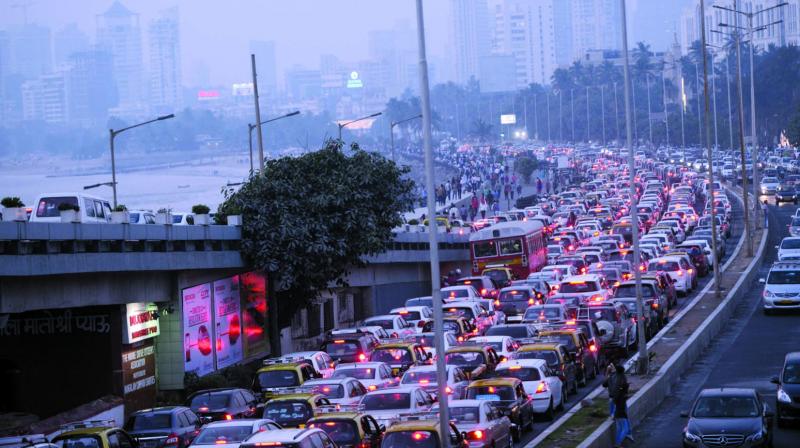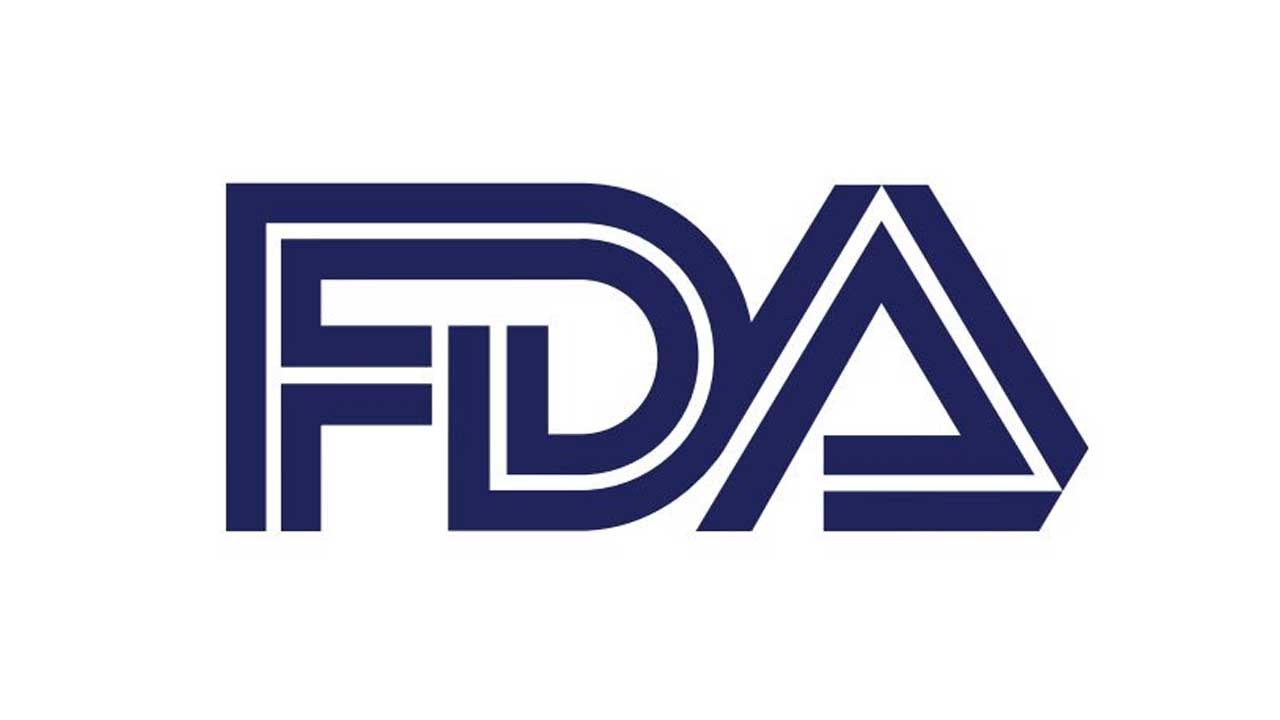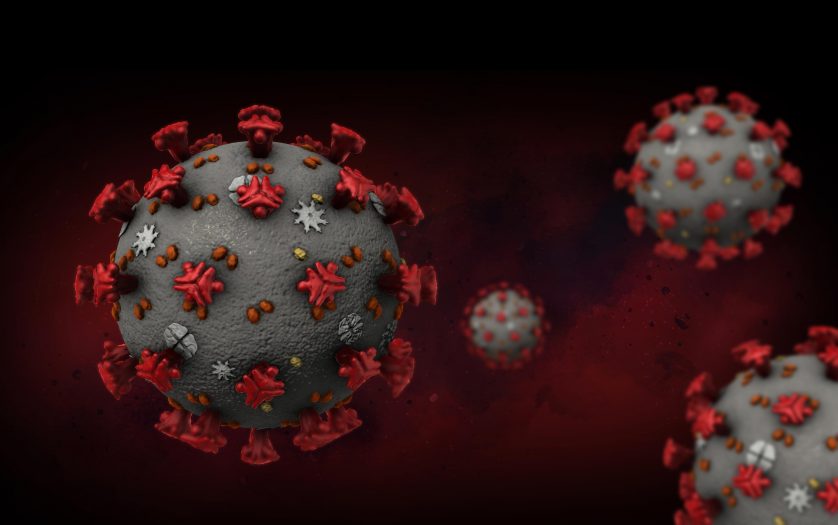Every year, on the 7th of April, the world hits pause to reflect on one thing we all have in common, health. Whether you're sitting in a metro city clinic or walking to a primary health center in rural India, this day carries weight. It’s more than just another date on the calendar. It’s a wake-up call. A reminder. A global conversation. And yet, how many of us actually listen?
With technology booming, medical science reaching new heights, and fitness apps on every smartphone, you’d think we’re doing great, right? But scratch the surface, and a very different picture emerges. Chronic diseases are rising, mental health is in crisis, and access to healthcare is still a distant dream for millions.
World Health Day isn’t just symbolic. It’s a platform. A day where countries unite, experts speak up, governments reflect, and communities gather to highlight the importance of health both individual and collective. From child immunization drives to cancer awareness campaigns, it’s a day that brings health into headlines and hopefully, into our homes.
The origin of World Health Day goes back to the late 1940s. After the brutalities of World War II, nations across the globe came together to form the World Health Organization (WHO) on April 7, 1948. They believed that without good health, no country could stand tall. No economy could grow. No community could thrive.
The first World Health Day was marked in 1950. Each year since, the day has been used to spotlight a specific health concern. Whether it’s maternal health, road safety, or the fight against infectious diseases, each theme speaks to an issue that needs urgent attention.
Let’s take a moment to step back. In the 1950s, global health concerns were primarily about sanitation, epidemics like polio, and high infant mortality. Fast forward to today, and while those concerns still exist in pockets, we now face a double burden, traditional diseases on one side and lifestyle-induced disorders on the other.
In places like India, the complexity is even deeper. You’ll find malnourished children in one district and rising obesity among teens in another. We’ve added years to life, but not necessarily life to years. That’s where World Health Day becomes crucial it bridges the gap between statistics and stories.
When it comes to healthcare, India is a land of contrasts. On one side, we have world-class hospitals, medical tourism, and a booming pharmaceutical sector. On the other, rural India still struggles with access to clean drinking water and basic healthcare.
Diseases like tuberculosis, dengue, and malaria still claim thousands of lives every year. At the same time, diabetes, heart ailments, and stress-related illnesses are taking over urban households. The COVID-19 pandemic exposed the cracks in our healthcare system shortages, untrained personnel, poor infrastructure, and inequality in access.
World Health Day in India is all about introspection. Are we doing enough to reach the remotest corners? Are we focusing enough on mental well-being? Are we building health literacy from the ground up?
Each year, the WHO picks a theme for World Health Day, and these are not picked at random. They reflect urgent issues faced by millions. Previous themes have included “Health for All,” “Beat Diabetes,” and “Our Planet, Our Health.” These themes shape global conversations, guide policy discussions, and inspire community efforts.
In India, these themes trickle down into schools, local health departments, NGOs, and even WhatsApp forwards. Awareness camps, health check-ups, and seminars are conducted across the country. But the real win lies in creating long-term change, not just one-day buzz.
Here’s a hard truth: your ZIP code can determine your life expectancy. Someone in an urban Indian city might get immediate access to a doctor, while someone just 100 kilometers away might have to travel hours for a basic check-up. World Health Day calls attention to this cruel irony.
The conversation has shifted from “cure” to “care.” Prevention, early diagnosis, nutrition, exercise, mental health these are the new pillars. Yet, we need stronger policies, better infrastructure, more doctors in rural areas, and affordable medicine. Health should never be a matter of privilege.
In recent years, mental health has finally started getting the spotlight it deserves. The rising rates of depression, anxiety, and suicides especially post-pandemic have shaken the world. India is no exception. Unfortunately, stigma still holds back many from seeking help.
World Health Day also gives voice to silent sufferers. Mental health is just as real as physical health. Workplaces, schools, and even families need to understand this. Free helplines, support groups, and psychological first-aid need to be part of mainstream health discourse.
Social media is filled with fitness challenges, reels on healthy habits, and motivational health content. But are we walking the talk? Youth today have a powerful role to play not just in spreading awareness, but in demanding better healthcare services, choosing healthier lifestyles, and leading community projects.
India has the world’s largest youth population. If this energy is channelled right, it could revolutionize the future of health in the country. World Health Day is a great place to start. From college blood donation camps to school hygiene drives, every effort counts.
Marking the day with slogans and seminars isn’t enough. Governments, corporates, NGOs, and citizens need to move from conversation to commitment. Health budgets need expansion. Medical research must be strengthened. Vaccination coverage must improve. Health workers must be respected and well-compensated.
India’s Ayushman Bharat scheme is one such bold step in this direction, aiming to provide health insurance to millions. But implementation remains the key. More such initiatives should be backed with strong monitoring and local-level execution.
An often-ignored aspect of World Health Day is its link with the environment. Rising pollution, unsafe drinking water, and climate change are silently affecting our health. Children are growing up with asthma, farmers are facing heatstroke, and food patterns are changing due to shifting weather.
This day also offers a chance to discuss sustainability, environmental health, and the future of food security. Clean air and water are not luxuries. They are essentials. And they are worth fighting for.
As the world recovers from pandemics, wars, and economic downturns, health has become the new wealth. World Health Day 2025 stands at a crossroad, urging us to rethink healthcare systems, ensure equal access, and respect the health workers who keep nations alive.
India, with its scale and diversity, has a unique opportunity. If it leads with compassion, inclusivity, and innovation, it can set an example for the world.
World Health Day is not just for doctors, nurses, or policy-makers. It’s for everyone. It’s a reminder that health is not a one-time goal, but a lifelong journey. It’s about asking the hard questions: Are we doing enough? Are we leaving anyone behind? Are we listening to the silent struggles?
Let's not just observe another health day. Let’s own it. Let’s pledge to not just survive, but thrive. Let’s build a world where good health isn’t a privilege it’s a promise

 India, with its scale and diversity, has a unique opportunity. If it leads with compassion, inclusivity, and innovation, it can set an example for the world.
India, with its scale and diversity, has a unique opportunity. If it leads with compassion, inclusivity, and innovation, it can set an example for the world.




















.jpeg)

.jpeg)
.jpeg)

.jpeg)


.jpeg)



.jpeg)
.jpeg)
.jpeg)


.jpg)


.jpeg)
.jpeg)